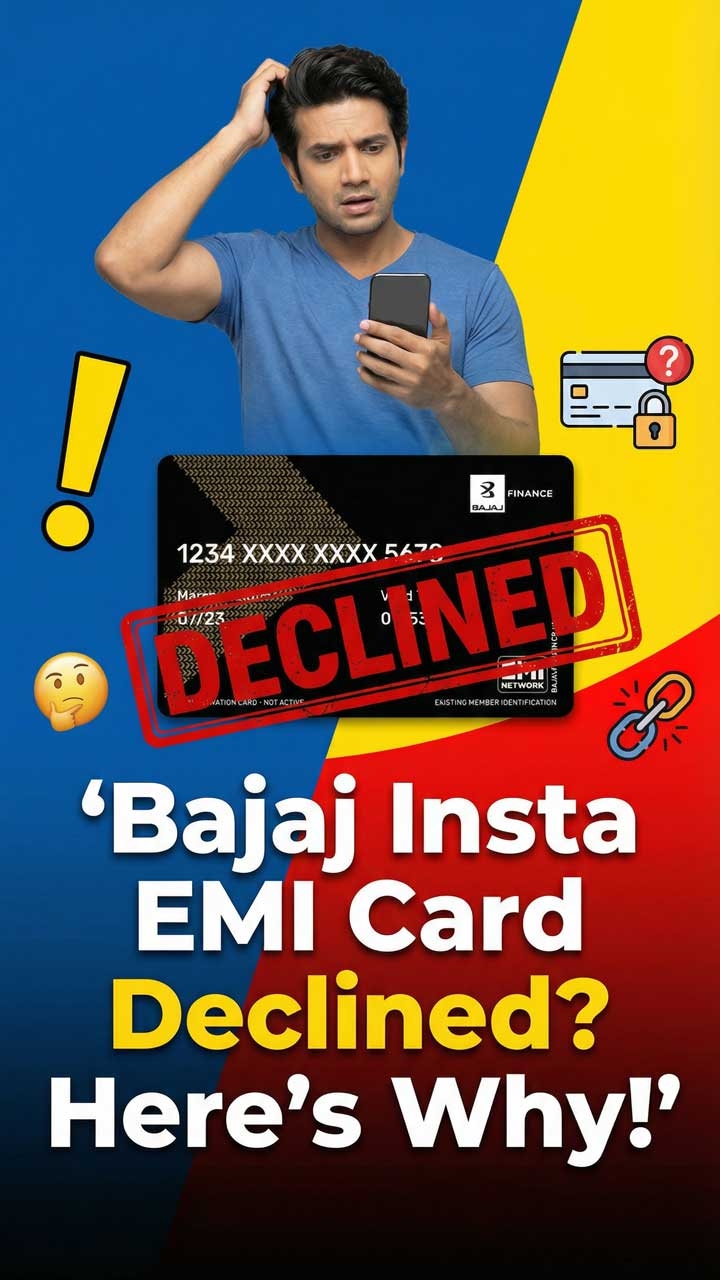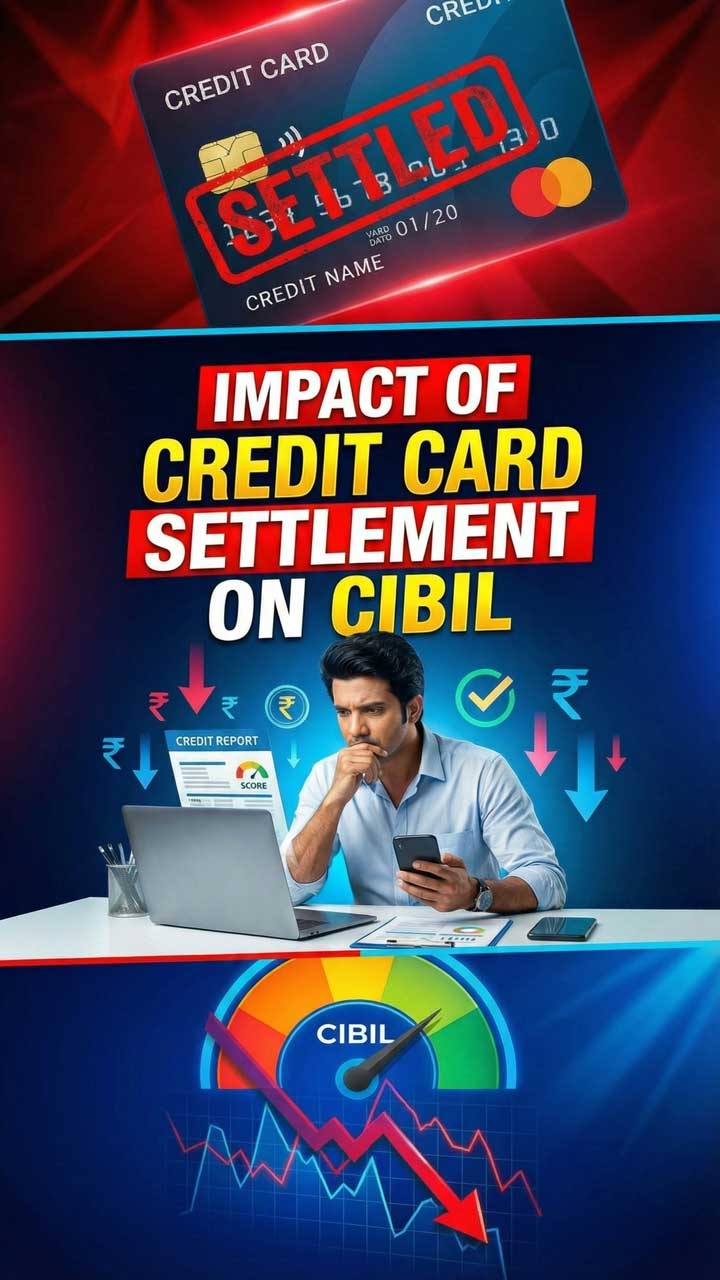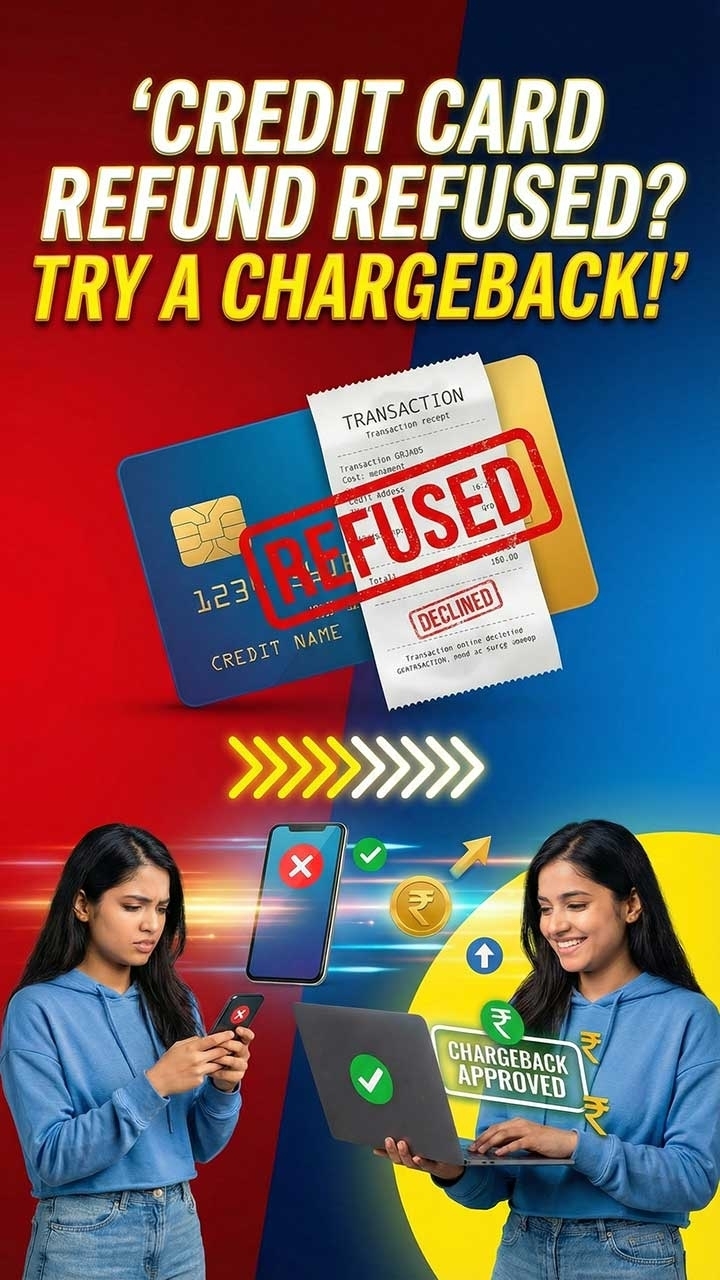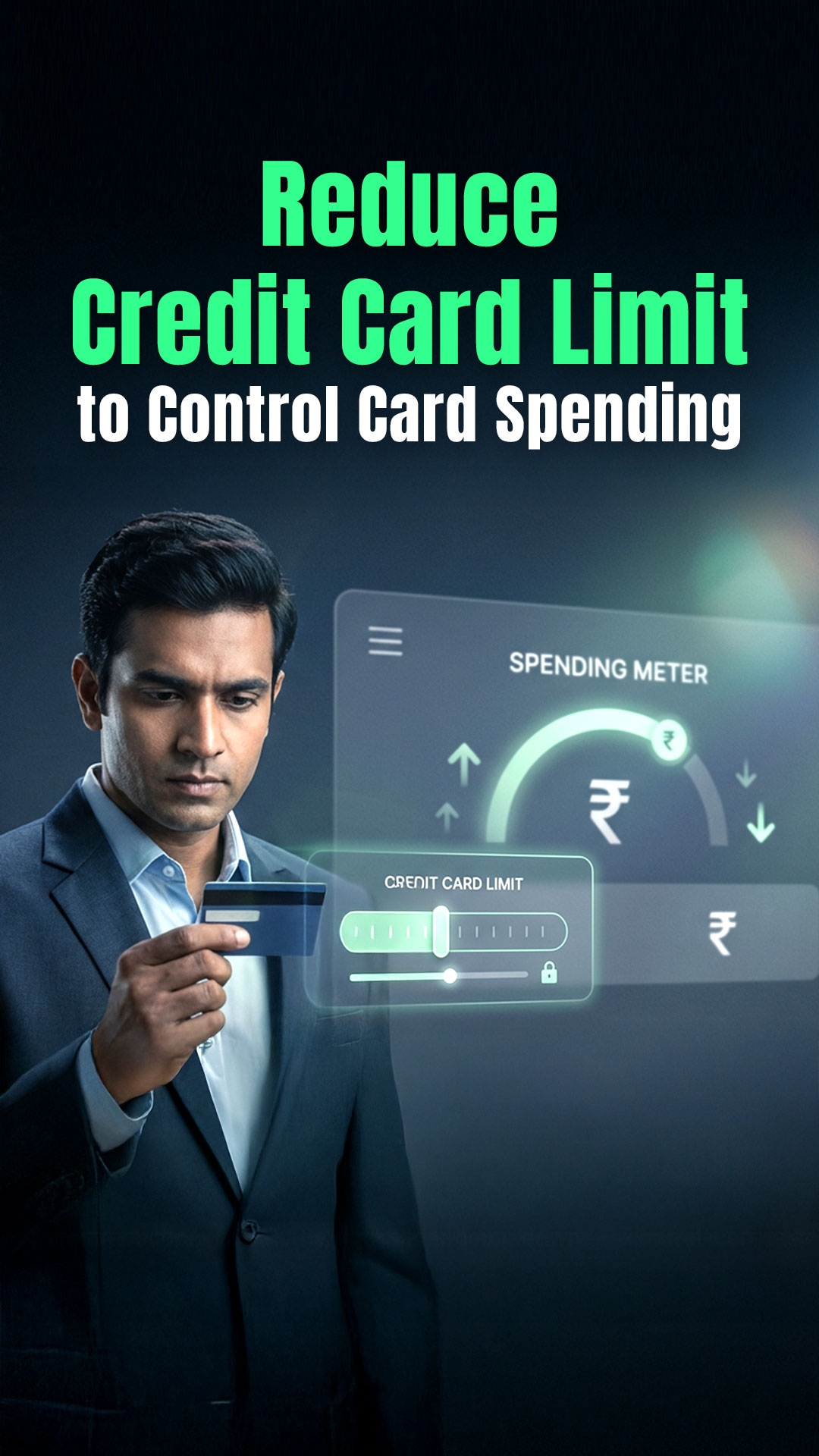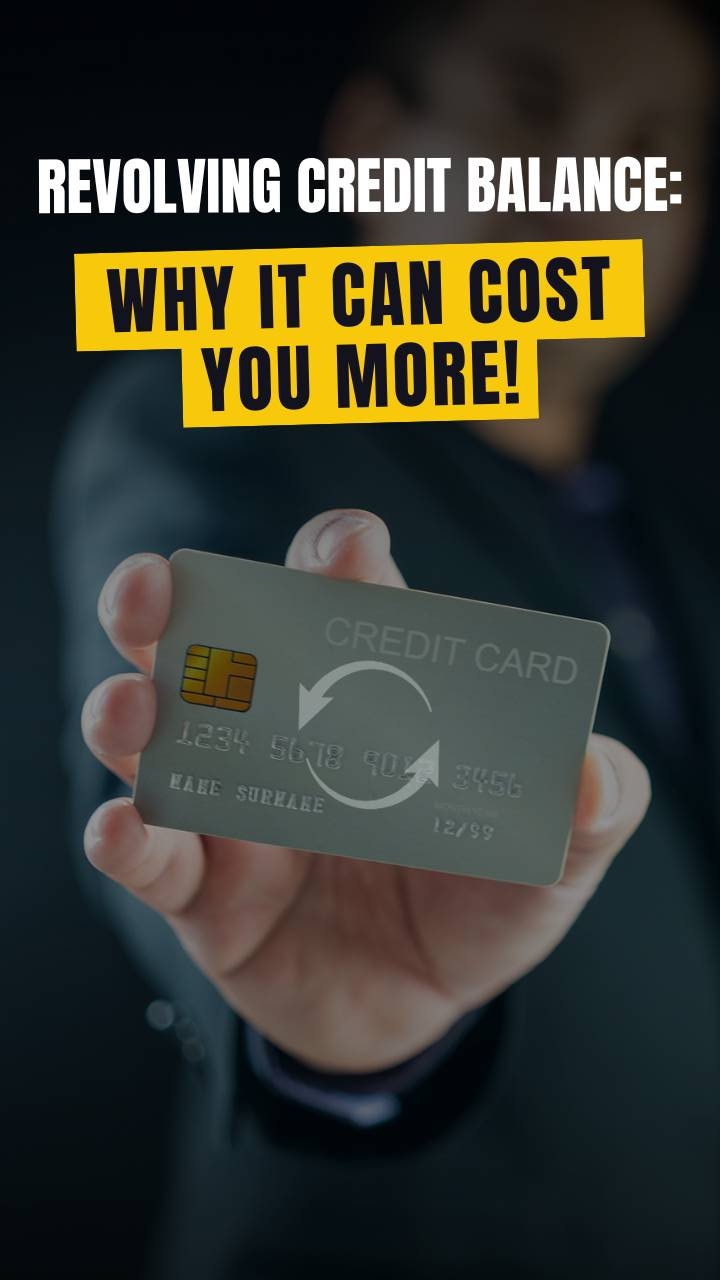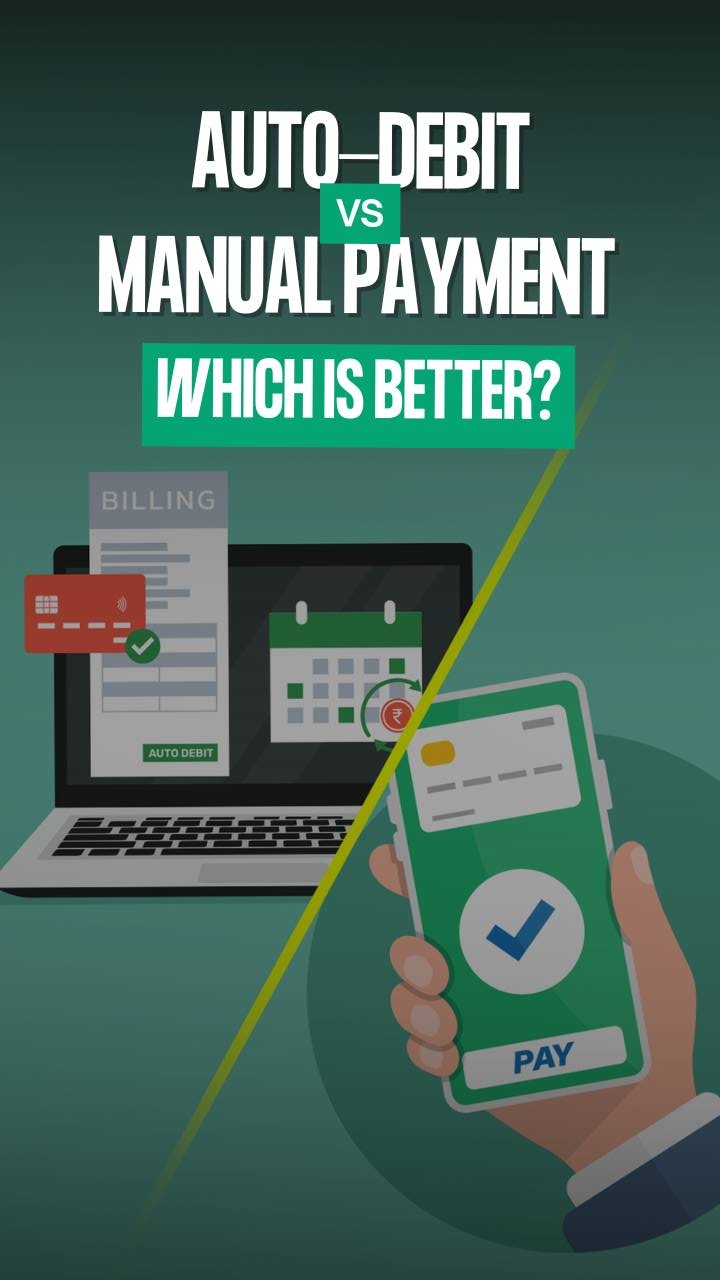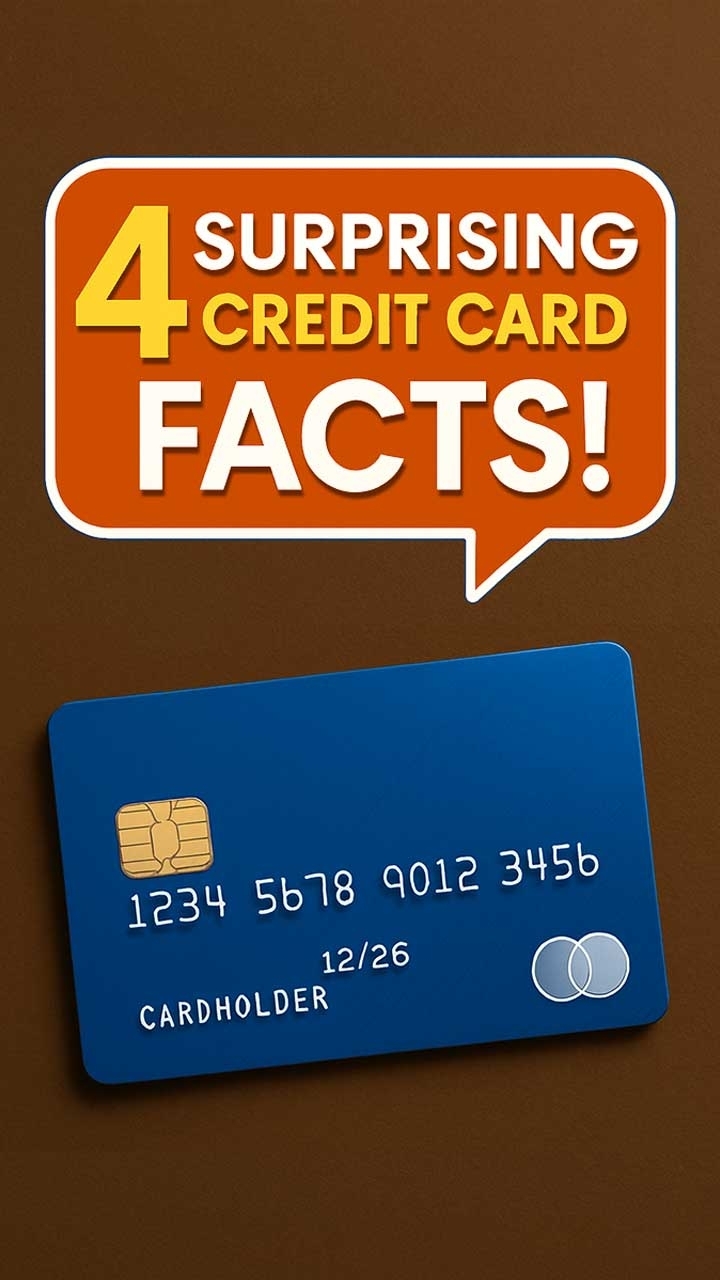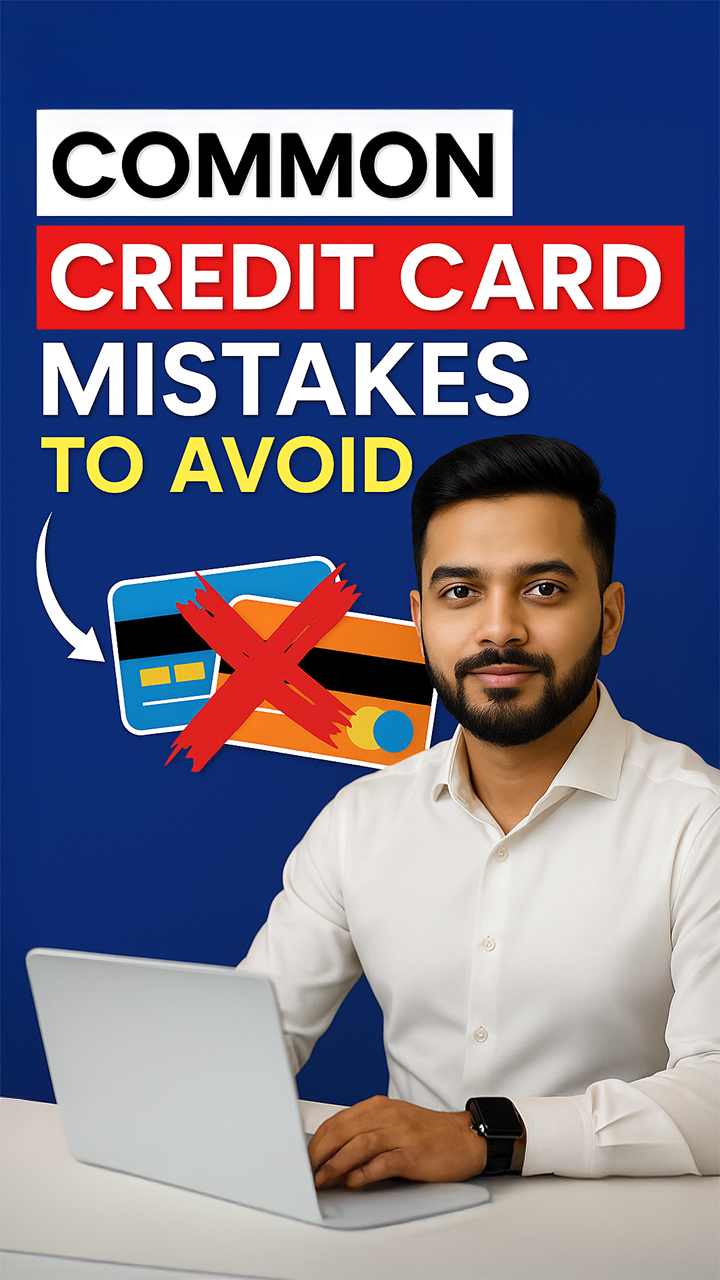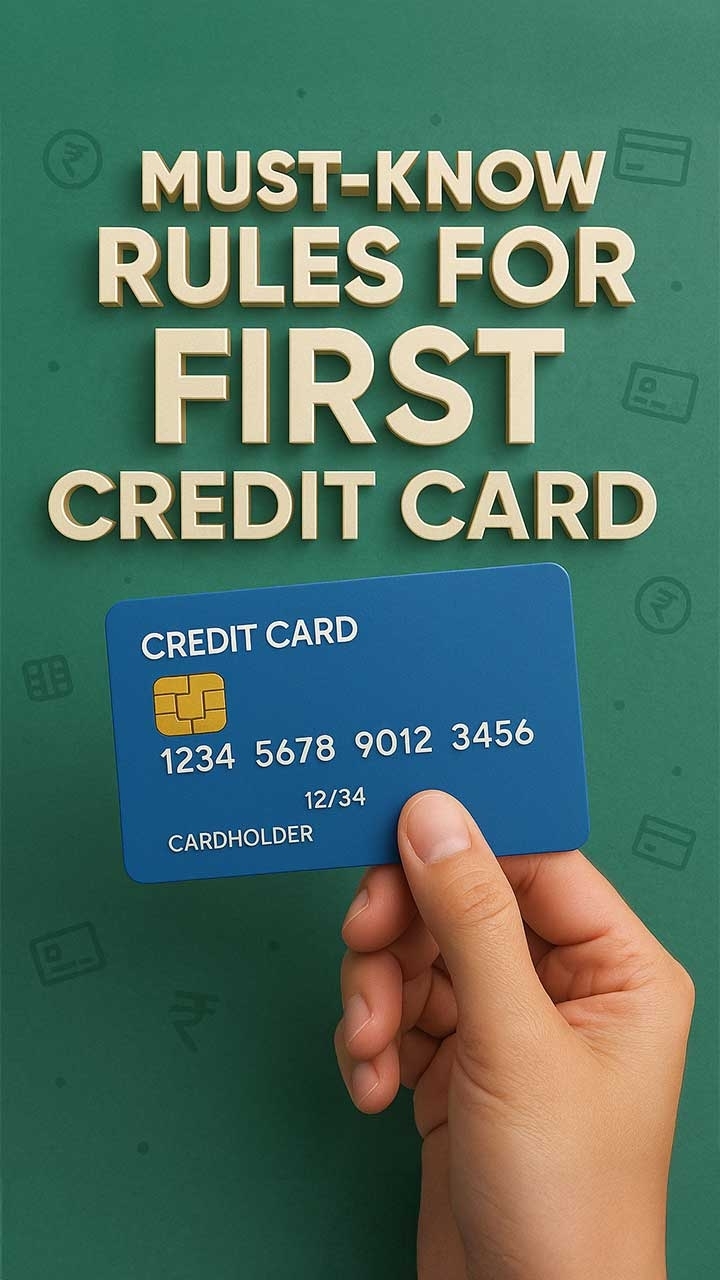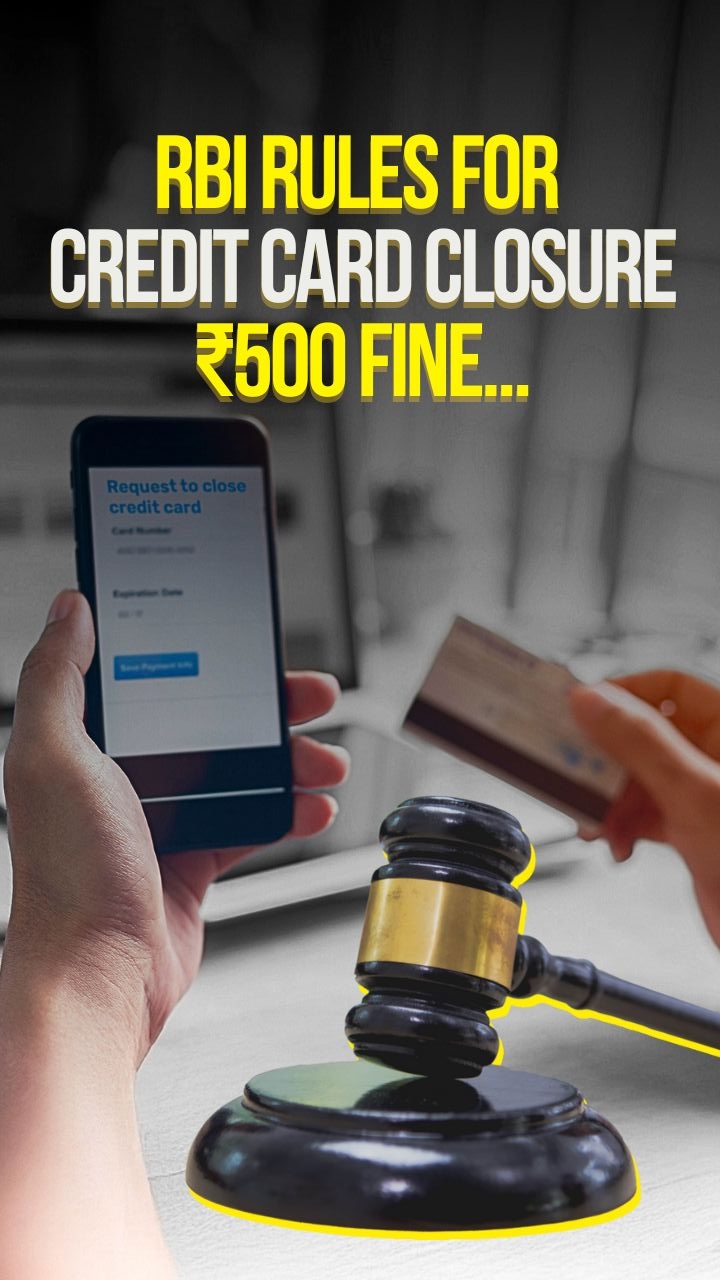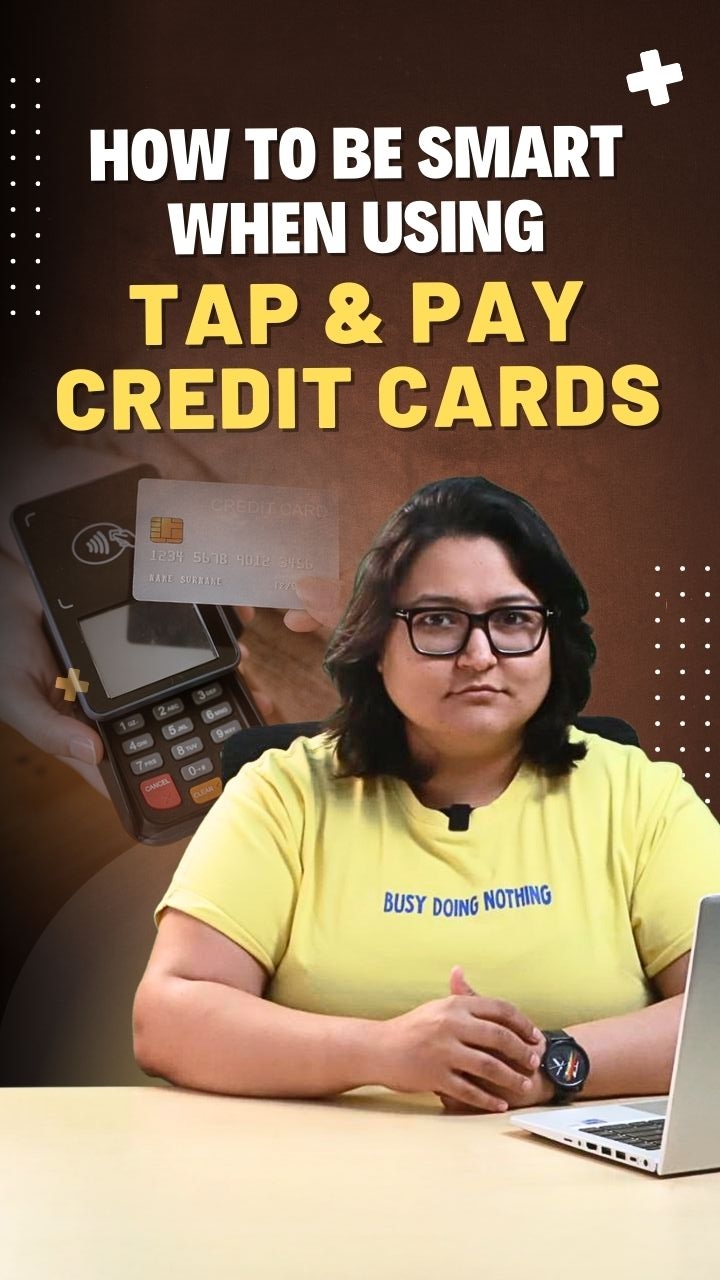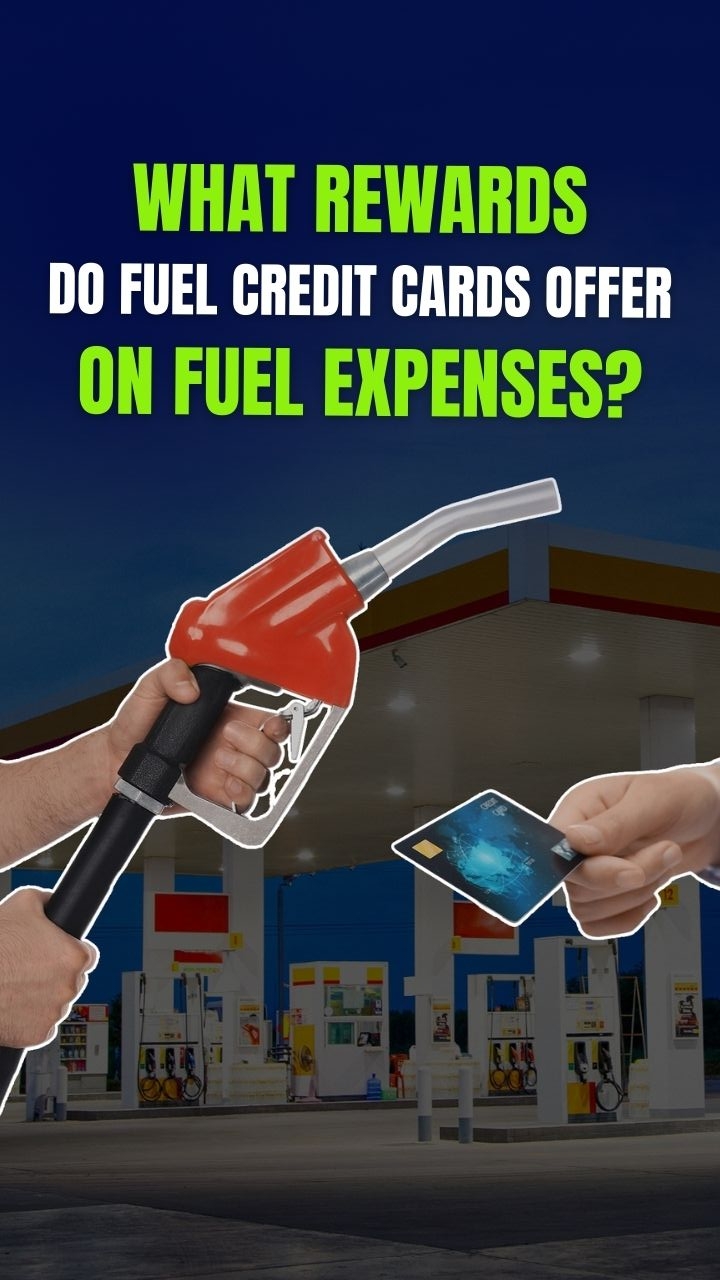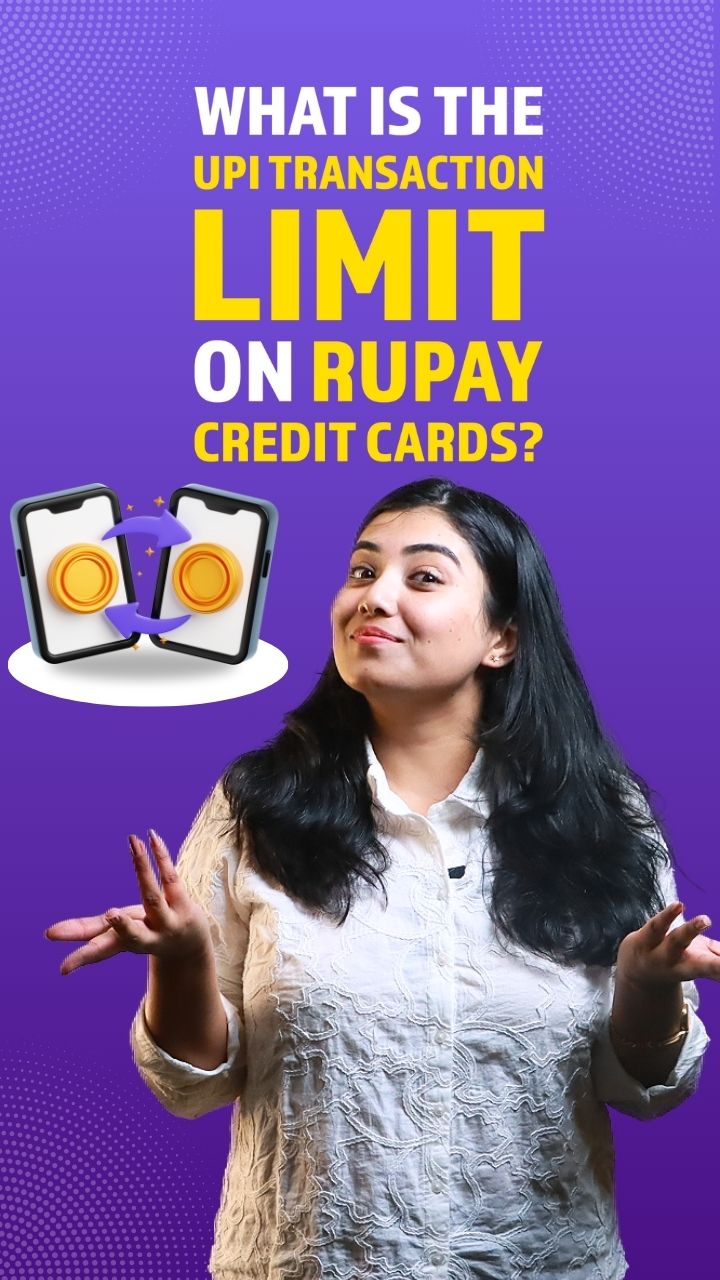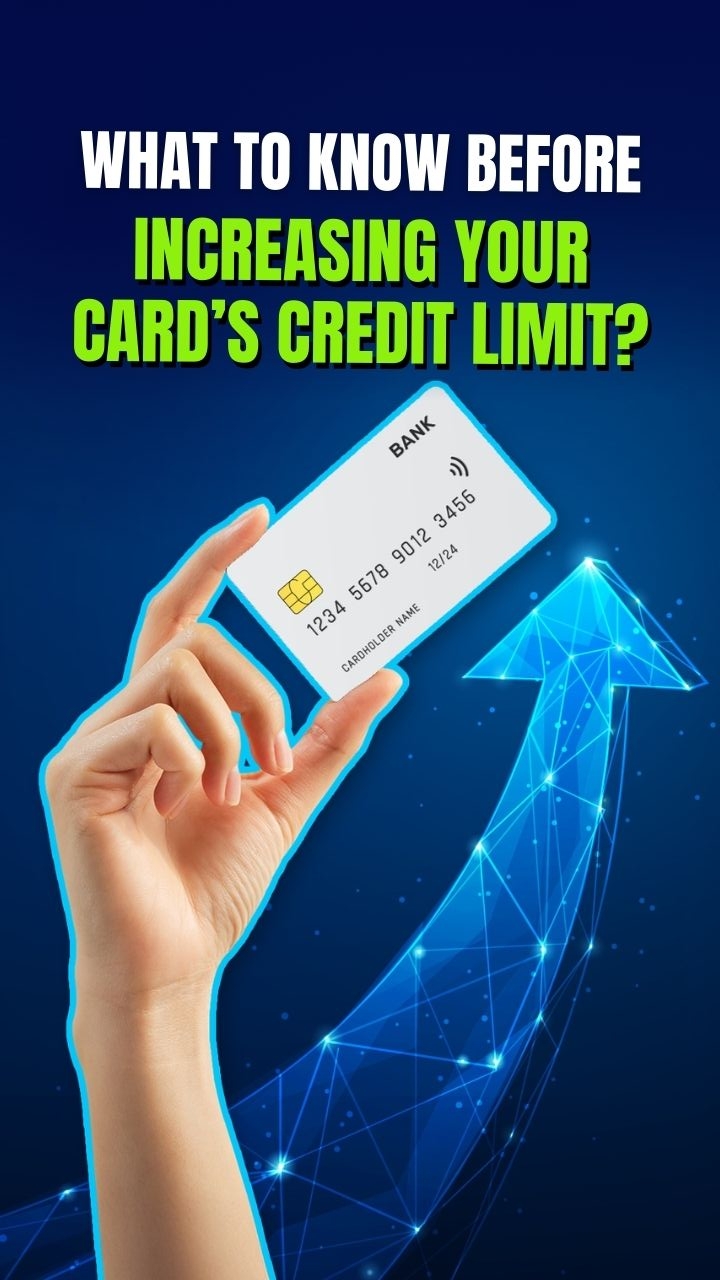Effective Strategies for Managing Credit Card Debt
Managing credit card debt might seem overwhelming, but with the right approach, you could take control. In this video, we’ll explore some simple steps that might make a big difference in how you handle your debt.
You could begin by making timely payments to avoid late fees, ensuring every rupee saved counts. Paying more than the minimum amount due might also reduce your overall balance and lower interest charges over time. Taking a closer look at your expenses and cutting back on unnecessary purchases could free up funds for more important payments.
We’ll discuss strategies like the Debt Snowball and Debt Avalanche methods, both of which could help you manage debt at your own pace. Setting up automatic payments might also help you stay consistent and avoid missed deadlines.
If flexibility is what you need, you could explore transferring your balance to a lower-interest card or converting your outstanding balance into EMIs. And if you’re juggling multiple cards, a debt consolidation loan might simplify your repayment process.
These steps could help you manage your credit card debt more confidently and efficiently.
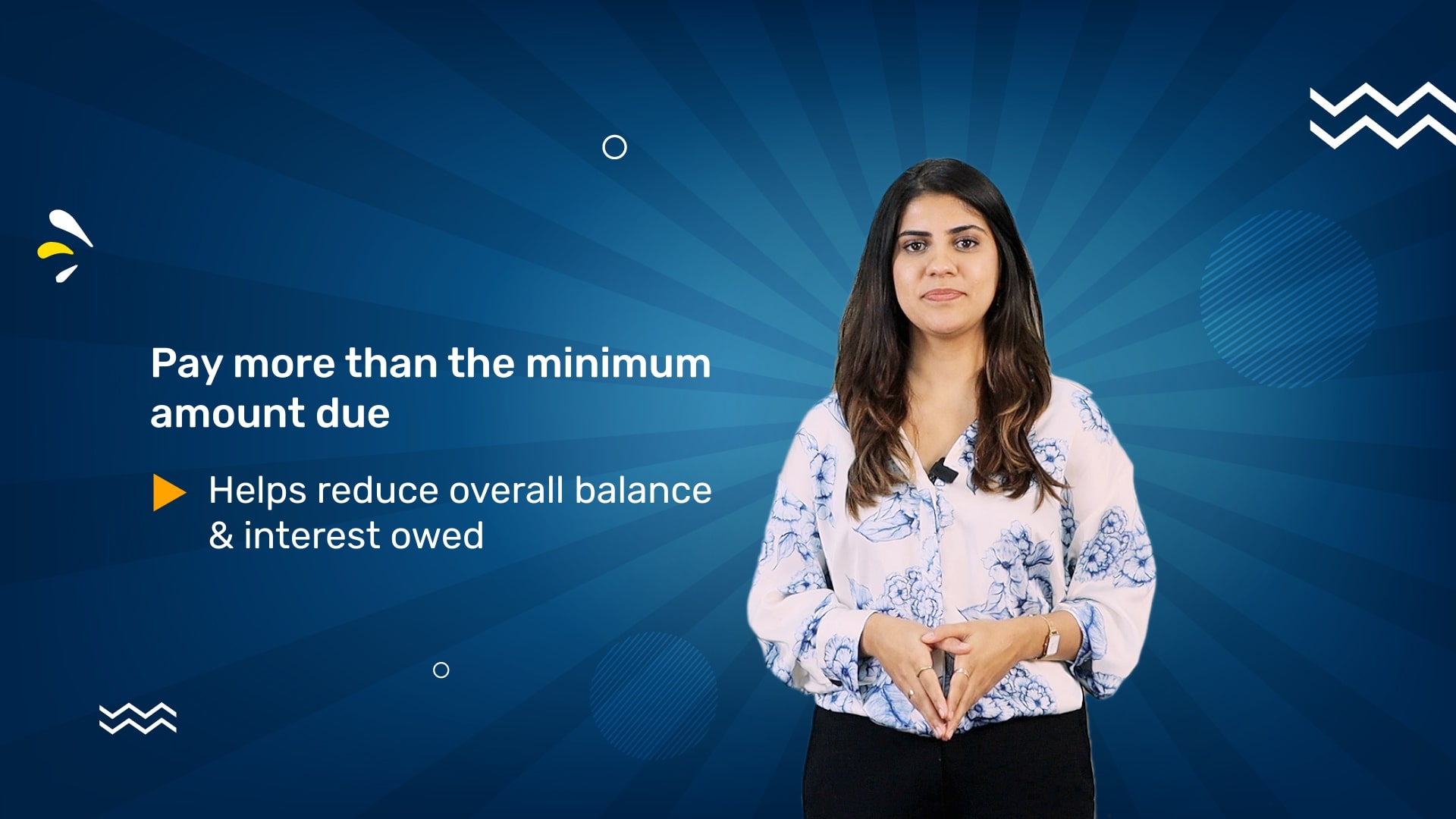
Key Takeaways
Making on-time payments could help avoid late fees and save money while in debt
Paying more than the minimum amount due might reduce your balance and interest charges faster
Using credit cards responsibly could involve setting a budget and limiting non-essential spending
Cutting unnecessary expenses might free up funds for more important financial priorities
Choosing a payment strategy like Debt Snowball or Debt Avalanche could help tackle credit card debt
Setting up automatic payments could prevent late fees and support maintaining a good credit score
Balance transfers to cards with lower interest rates might help manage outstanding balances
Options like converting balances into EMIs or taking on extra work could help manage debt
What to Watch Next
Bites
















